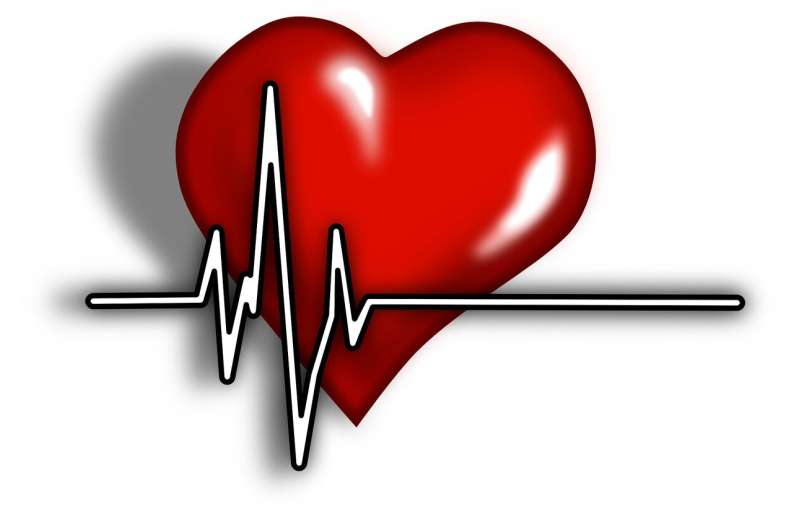New Insights into the Hidden Causes of Heart Attacks in Younger Adults, Particularly Women

A Mayo Clinic study reveals that many heart attacks in under-65s, especially women, stem from nontraditional causes like SCAD and stress-related factors, redefining diagnosis and treatment approaches.
A recent study conducted by Mayo Clinic uncovers surprising factors behind heart attacks in individuals under 65, with a special focus on women. Traditionally, heart attacks have been attributed mainly to clogged arteries caused by atherosclerosis. However, this comprehensive research, analyzing over 15 years of data from the Rochester Epidemiology Project, reveals that more than half of heart attacks in women under 65 are due to nontraditional causes such as spontaneous coronary artery dissection (SCAD), embolism, or other conditions unrelated to plaque buildup.
The study shows that while atherosclerosis remains the leading cause in both men and women, it accounts for only 47% of cases in women, compared to 75% in men. Notably, SCAD, which predominantly affects healthy, young women, was often misdiagnosed as a typical plaque-related heart attack, leading to inappropriate treatment. The same applies to heart attacks triggered by stressors like anemia or infections, which proved to be more deadly, with a five-year mortality rate of 33%.
This research emphasizes the importance of recognizing these nontraditional causes for accurate diagnosis and treatment. Misdiagnosis can result in unnecessary procedures, such as stent placement in cases of SCAD, which may increase complication risks. Understanding the true underlying cause of a heart attack can significantly improve patient outcomes.
Key insights from the study include:
- Out of 1,474 heart attacks, 68% were caused by traditional plaque buildup, but nontraditional causes dominated in women.
- SCAD was nearly six times more common in women than in men.
- Heart attacks due to stress-related factors were the second most common and the most lethal, with a high mortality rate over five years.
- Truly unexplained heart attacks were very rare, constituting less than 3% after expert review.
Expert commentary highlights that this shift in understanding could reshape how clinicians diagnose and treat heart attacks, especially in younger adults. Dr. Claire Raphael from Mayo Clinic notes that identifying the root cause is crucial for effective management and recovery. Dr. Rajiv Gulati adds that increased awareness of conditions like SCAD and embolism can lead to better life-saving strategies.
This groundbreaking study advocates for improved awareness in both medical professionals and patients, urging clinicians to consider these atypical causes when evaluating young women and men with heart attack symptoms. Recognizing these conditions early can prevent unnecessary procedures and reduce mortality rates, ultimately saving lives.
Source: https://medicalxpress.com/news/2025-09-reveals-hidden-heart-younger-adults.html
Stay Updated with Mia's Feed
Get the latest health & wellness insights delivered straight to your inbox.
Related Articles
Impact of Anti-Abortion Stigma on Breast Cancer Research Progress
Societal and political stigmas related to abortion are obstructing vital research into mifepristone, a promising drug for breast cancer prevention. Advances are delayed due to restrictions and industry reluctance, underscoring the need for policy change to support medical innovation.
Mitochondria Detect Bacterial Metabolites to Activate Immune Defense and Trap Pathogens
Recent research uncovers how mitochondria within immune cells detect bacterial lactate to trigger the formation of NETs, enhancing our understanding of immune defenses and potential treatments for infections and autoimmune diseases.
Innovative Study Uses Jersey Pull Simulations to Predict Non-Contact ACL Injuries in Athletes
A University of Kansas study uses jersey pull simulations to understand and prevent non-contact ACL injuries in athletes, emphasizing core strength and biomechanics. Learn how biomechanics research is advancing injury prevention strategies.
Prompt Treatment of Rare Flu-Related Brain Complication Critical for Children, Study Highlights
A Stanford-led study reveals that rapid treatment improves survival and recovery in children with influenza-associated brain swelling, emphasizing the importance of vaccination and early intervention.



